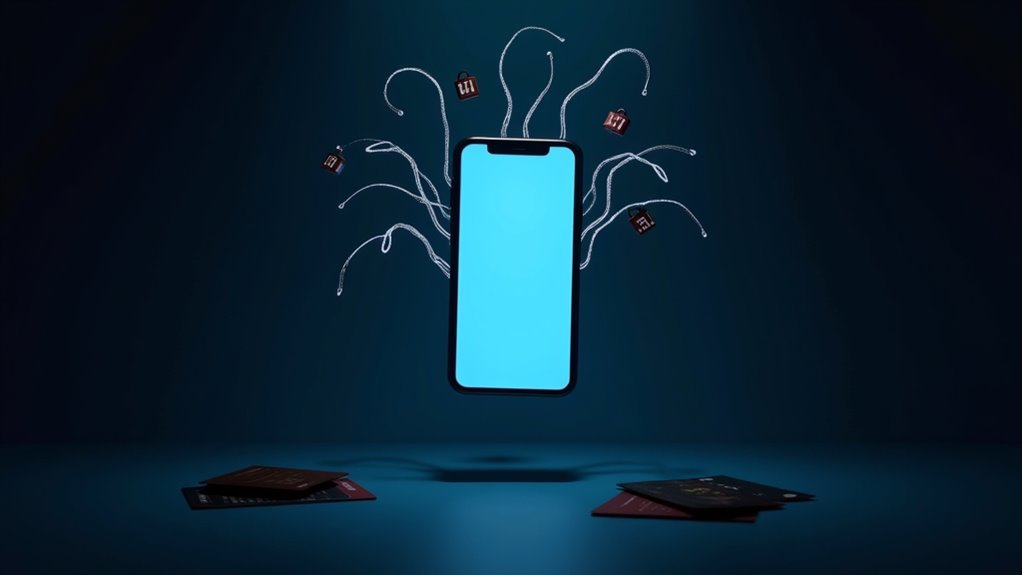Why does tossing in a “please” or “thank you” with your chatbot feel oddly satisfying? Simple: politeness makes AI less cranky and more helpful—think less robot apocalypse, more friendly R2D2. Adding manners boosts trust, slashes awkward misunderstandings, and actually results in better, clearer answers. Turns out, using polite prompts works across languages, so it’s not just your grandma’s advice. Even chatbots prefer less sass and more class. Curious how your digital sidekick could get even smarter?
Although it might sound like something your grandma would remind you—”Mind your manners, even with the robots”—there’s actually a growing stack of research suggesting that politeness in chatbot conversations does more than just make you look good. It turns out, being nice to your digital assistant isn’t just for show; it actually boosts the performance of large language models (LLMs). Yes, you read that right. Saying “please” and “thank you” to your chatbot can mean fewer errors, less bias, and answers that don’t sound like they were plucked from a bad sci-fi movie.
Politeness isn’t just a Western quirk, either. Studies show it works across English, Chinese, and Japanese. So, whether you’re chatting with Siri in Tokyo or Alexa in Toronto, being courteous pays off. But here’s the twist—don’t get carried away. Pouring on the flattery (“Oh wise chatbot, you’re the best thing since sliced bread…”) can actually trip up the AI, making its responses less useful. Turns out, moderation is key. Who knew robots could get overwhelmed by compliments?
Other perks? Users get a smoother, clearer experience. Polite prompts encourage the AI to be more precise and efficient, and let’s face it, nobody needs another round of “Sorry, I didn’t understand that.” There’s even a deeper layer: treating AI with respect helps reinforce positive social behaviors. It’s like setting the dinner table for good manners, except the guest is a bundle of code. Politeness mirrors fundamental aspects of human interaction, which means the way we talk to AI can shape how we interact with each other, too. Politeness can help avoid conflicts and promote diplomacy, making our conversations with AI more constructive and pleasant. Using respectful language can help reduce algorithmic bias that might otherwise perpetuate societal inequalities.
- Polite phrasing increases trust in chatbots.
- Supportive language helps the AI solve problems better.
- Respectful interaction can even reduce biased outputs.
And for developers, building politeness into chatbot design isn’t just a nice-to-have; it’s a must. Incorporating politeness parameters and linguistic strategies can transform awkward, clunky exchanges into something that actually feels, well, human. Think less HAL 9000, more Jeeves.
In summary: being polite to chatbots isn’t just old-fashioned etiquette. It’s the secret sauce for getting better answers, encouraging trust, and making AI feel a little less like talking to your toaster. So go ahead, mind your manners—even the robots appreciate it.









